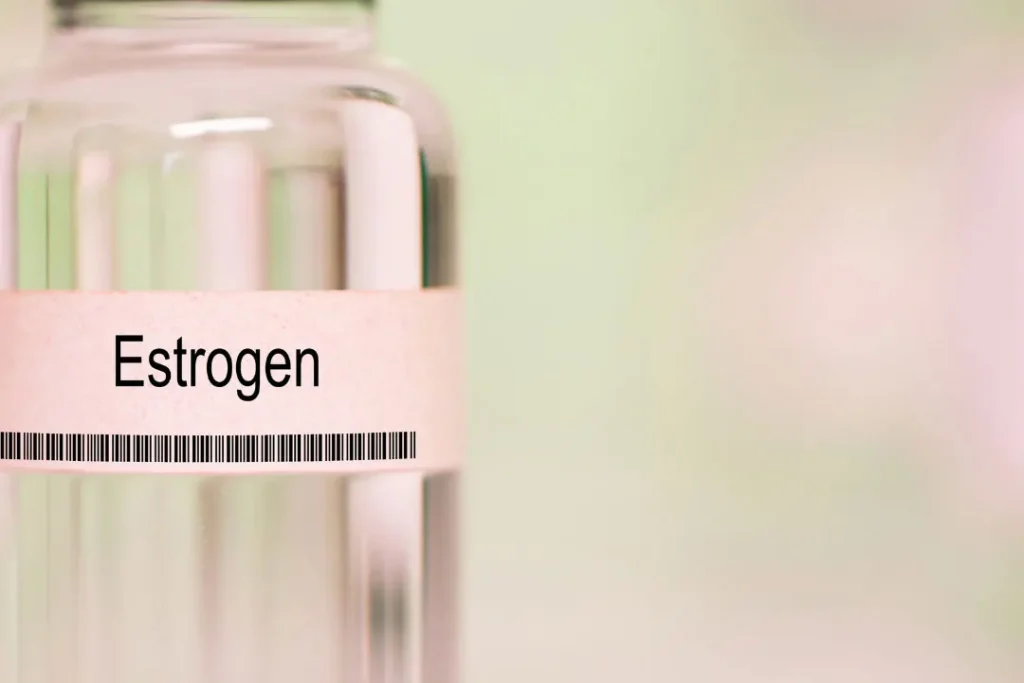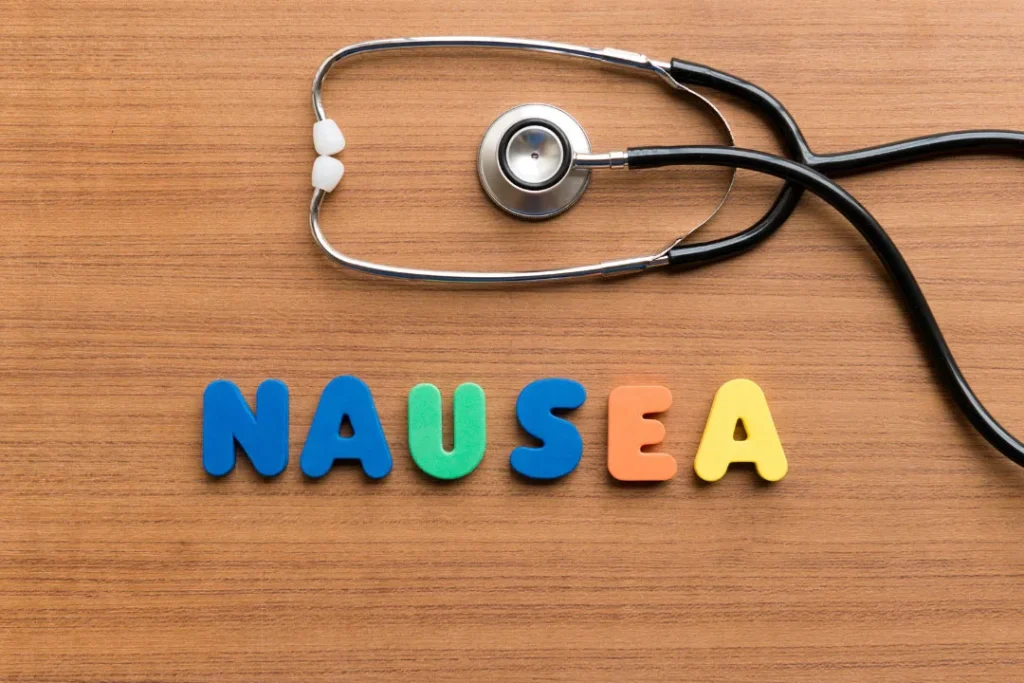Equol, an isoflavone-class nonsteroidal estrogen, offers an intriguing topic for investigation in nutritional science. Equol is understood to be a metabolite of the dietary soy isoflavone daidzein, and studies on the substance’s makeup, health advantages, and the ideal doses are still underway. The chemistry of equol and its physiological effects on the body and brain have recently sparked interest in science and medicine. In this article, we will examine these aspects of equol while also coveringany possible side effects and drug interactions.
You May Also Like:
The Best Supplements for Brain Injury: 5 Top Brands Reviewed
Nootopia Brand vs MyPEAK Brand: Best Nootropic Supplements Compared
Equol: Benefits, Dosage, Side Effects, Drug Interactions, and Other Important Information is an original (NootropicsPlanet) article.
Nature of Equol
Equol is a substance that not everyone’s body can create. This metabolite is produced in the stomach by certain bacteria that break down the isoflavone daidzein, a form of isoflavone that is present in soy. Only around 30–50% of people, dubbed “equol-producers,” have these particular gut bacteria, with Asian groups having larger numbers than western populations.
Health Benefits of Equol
Equol has generated a lot of scientific attention due to its possible health advantages, particularly its antioxidant and estrogenic properties.
It can modulate estrogen production in the body with its ability to bind to estrogen receptors (both ER and ER). This is especially helpful during menopause, a time when estrogen levels start to decline and symptoms like hot flashes and an elevated risk of osteoporosis start to appear. According to studies, using equol supplements can help reduce these symptoms and prevent the loss of bone density.
Equol is also a contender for neutralizing reactive oxygen species (ROS), which can lower oxidative stress and the risk of chronic illnesses including cardiovascular disease and some forms of cancer.

Chemistry of Equol
Equol is a chiral compound, which means it has two mirror-image forms, S-equol and R-equol. Multiple biological processes carry out the two enantiomers, with S-equol having higher antioxidant and estrogenic potency. The chemical’s chiral center, two hydroxyl groups, and tetracyclic core determine how it interacts with different biological targets.
Physiological Properties of Equol
Equol’s estrogenic and antioxidant properties are primarily responsible for its physiological effects. Its distinct physiological effects from estrogen can be its greater affinity for estrogen receptor beta (ER) than estrogen receptor alpha (ER).
Equol can influence the expression of particular genes and affect different cellular processes after it binds to ER. These procedures are essential for preserving physiological balance and avoiding disease development, including cell proliferation, differentiation, and death, among many others.
Equol can neutralize reactive oxygen species (ROS) as an antioxidant to stop oxidative cell damage. Oxidative stress is linked to aging and other chronic illnesses, so equol’s ability to reduce oxidative stress is what gives equol its health benefits.
Additionally, testosterone, or dihydrotestosterone (DHT) inhibits equol’s ability to function as an anti-androgen. DHT plays g a crucial role in illnesses like prostate cancer and hair loss, making it a major topic of research.
Equol is an interesting chemical in the realm of nutritional science and health since it has a variety of biological effects. To understand the chemistry and the physiological mechanisms underlying equol’s activity, determine its ideal dose, potential side effects, and interactions, further study is necessary.

Optimal Dosage of Equol
Since research on equol is still relatively new, specific dose recommendations have not yet been developed. Depending on the desired health effect, the current data from clinical trials indicates a variety of daily dosages, from 10 mg to 160 mg. For menopausal symptoms, dosages of around 30 mg per day have been utilized, whereas trials focusing on bone health have used larger doses of about 60 mg to 160 mg daily.
The ideal dosage varies depending on your specific health circumstances, such as age, sex, and whether or not your body is an equol-producer. Before beginning equol supplementation, you must speak with your medical expert.
Side Effects of Equol
Most experts agree that equl is safe and has few side effects. In clinical studies, moderate gastrointestinal symptoms like nausea, bloating, and stomach cramps are the side effects most associated with higher dosages. However, there are hypothetical worries regarding equol usage in people with hormone-sensitive illnesses and certain malignancies due to its estrogen-like effects.

Potential Substance Interactions with Equol
There are currently no known interactions between equol and other drugs. However, equol might interact with hormonal drugs like birth control pills or hormone replacement treatment because of its estrogenic properties. If you are thinking about using equol supplements, you should first talk to your doctor about any possible interactions that could affect you.
Best Responsible Uses of Equol
Due to its hormonal properties, using equol as a dietary supplement requires caution. The following guidelines for using equol responsibly are:
Health Examination: Before beginning equol supplementation, it is imperative to speak with your healthcare provider due to the hormone effects of equol. Based on your unique health profile, they can help you decide if using equol supplements is a good idea.
Personalized Variation: Equol’s effects can differ significantly for everyone, especially between equol producers and non-producers. These variations can affect the efficacy and possible side effects of equol supplementation.
Bone Health and Menopause: Current studies support the use of equol primarily for bone health and menopause-related symptoms. It is recommended to restrict its use to these particular applications until additional research has been done for other areas of health.
Watch for Side Effects: Despite the fact that equol has been well tolerated in clinical trials, you should be aware of all possible side effects, such as minor gastrointestinal complaints, and you should inform your healthcare practitioner of any other side effects.
Equol:
Conclusion
Equol is a unique substance with limited research on its medicinal and nutritional use. It is unique since it is a substance that only be produced in certain people’s bodies, and it is a nonsterodial estrogen compound. This substance is also present in soy beans or soy based plants, so if you are a vegan and looing for a supplement that helps in estrogen production, this supplement may work best for you. Taking this supplement with dairy products is not recommended due to the extra estrogen hormones. There are few side effects, but if you are looking for a supplement that can aid in bone health and menopause symptoms, speak to your doctor about trying equol supplementation.

References:
- Equol: History, Chemistry, and Formation. Retrieved From: https://academic.oup.com/jn/article/140/7/1355S/4600329
- Equol: History, Chemistry, and Formation.link:https://www.ncbi.nlm.nih.gov/pmc/articles/PMC2884333/
- non-equol producers observed no changes in measured biomarkers, which suggests that equol production is a critical mechanism in receiving cardiovascular benefits from soy in postmenopausal women [93].link:https://www.sciencedirect.com/topics/agricultural-and-biological-sciences/equol
Important Note: The information contained in this article is for general informational purposes only, and should not be construed as health or medical advice, nor is it intended to diagnose, prevent, treat, or cure any disease or health condition. Before embarking on any diet, fitness regimen, or program of nutritional supplementation, it is advisable to consult your healthcare professional in order to determine its safety and probable efficacy in terms of your individual state of health.
Regarding Nutritional Supplements Or Other Non-Prescription Health Products: If any nutritional supplements or other non-prescription health products are mentioned in the foregoing article, any claims or statements made about them have not been evaluated by the U.S. Food and Drug Administration, and such nutritional supplements or other health products are not intended to diagnose, treat, cure, or prevent any disease.


